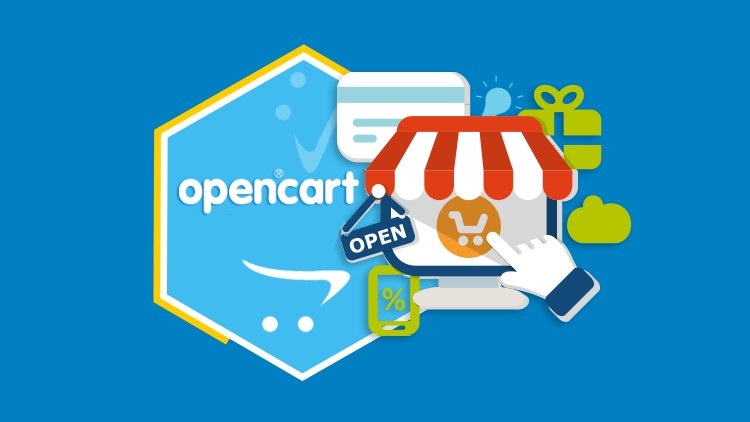Yeah it’s astonishing.
You just enter the term “marketing” into Google and you’ll see loads of different strategies.
So, when it comes to marketing your business, you have a lot of options to choose from and you want to ensure that you’re getting the most out of your marketing efforts.
That’s why I decided to put together a list of some different types of marketing strategy that you could try.
1. Social Media Marketing

Social media marketing in its broader sense refers to the promotion of your business on Social Media to generate leads, create engagement, maintain a reputation and sell your services.
Different social media networks offer the users/businesses different types of platforms to connect with their users.
- Facebook offers many options including but not limited to videos, articles, events, marketplace etc
- LinkedIn helps employers connect with potential employees and is also a great platform for B2B Lead Generation
- Instagram is a visual medium for brands who are better off promoting their content with a visual-only medium
- YouTube is a hub for video bloggers, instructors or anyone who is interested in using strictly video content for their promotion etc.
2. Mass Marketing

Mass marketing refers to promotional activities done at macro level. The main aim of mass marketing is to generate brand awareness. This kind of marketing has very broad reach and is largely targeted. What is ‘effective’ depends on multiple factors. I give you simple example of campaigns run on television, creating viral awareness across the country.
Medium of mass marketing:
- Television
- Social Media
- Magazines
- News Papers
- Radio
- Email marketing
3. Cause Marketing

Cause marketing is attaching some sort of charitable or inspirational angle to a product, service or brand. Crucially, cause marketing only works when you find a cause that both the business and such its customers care about.
Need cause marketing examples?
Reebok has teamed up with Avon 39. The Avon 39 Walk to End Breast Cancer is a 39-mile walk to raise awareness and funding for breast cancer. Reebok is a national sponsor. Avon 39 gets significant visibility and cash, whilst being associated with a worthy cause enhances Reebok’s brand.
4. Start Blogging

If you don’t have a blog for your business, then you need to start one immediately. But you don’t just have to blog on your own blog. Most people find blogging mundane because they lack the visibility. The truth is that your blog is going to be like a barren desert unless you know what you’re doing.
But this isn’t just about posting your ideas on your own blog. You should start authority blogging. Use platforms like Medium to post content. Answer questions on Quora and Reddit. Or get out there onto LinkedIn’s publishing platform. These are all authority domains that anyone can post on, which have massive audiences, giving you instant and immediate reach right now.
When you do blog, ensure that you blog effectively. Don’t post thin content. Think about adding value. Worried about revealing all your business secrets? Don’t be. Give away the farm. Give people so much value that you instantly become an authority in their eyes. This is one of the most powerful strategies you can use to market any business.
5. Relationship Marketing

Relationship Marketing is a facet of customer relationship management (CRM) that focuses on customer loyalty and long-term customer engagement rather than short-term goals like customer acquisition and individual sales. The goal of relationship marketing (or customer relationship marketing) is to create strong, even emotional, customer connections to a brand that can lead to ongoing business, free word-of-mouth promotion and information from customers that can generate leads.
RM was first defined as a form of marketing developed from direct response marketing campaigns which emphasizes customer retention and satisfaction, rather than a focus on sales transactions.
Relationship marketing has continued to evolve as technology opens more collaborative and social communication channels.
6. Viral Marketing

Viral marketing is most weighty marketing strategy. Viral Marketing is an advertising concept that seeks that customers are those who disseminate an idea, unlike the traditional way, in which the company is responsible for transmitting it. The behavior of this type of proposal is related to the behavior of a virus. This is installed and expanded from a source, exponentially, achieving the greatest number of infections.
In viral marketing, companies make a creative proposal and use traditional media (TV, Radio, Graphics, etc.) and non-traditional media (such as internet and direct marketing pieces) to get the public to transmit it.
The goal is to generate a massive “contagion”, to achieve greater recognition of the brand, and thus benefit the sale of the product or service of the company.
A viral marketing proposal must have a concept and a creative idea. The concept is the idea behind the brand, the one that brings together all the actions it performs.
The creative idea is composed of insight, and the idea itself, being the first the cultural element that fixes the idea within society, and the second, the technical execution of creativity.
7. Seasonal Marketing

Season marketing is marketing products or services at certain points of the year.
That could be Christmas, Easter or Thanksgiving, but seasonal marketing doesn’t have to coincide with an ‘official’ event.
Many businesses will flourish at certain points in the year and struggle at others. [We don’t buy sun lotion during the winter, right?]
Need seasonal marketing examples? For florists, seasonal marketing is incredibly important. Take Valentine’s Day, for instance.
8. Word of Mouth

WOR this three words means (Word Of Mouth). This is marketing. How? So we are telling you how everyone has done WOM in our life. Yes remember that time in our childhood when any sort of new gifts was purchased for us by our family members. What was our immediate reaction? We were eager to tell our friends about our new gift. What do you think we did? Obviously, Word of Mouth Marketing.
When someone has made up mind to purchase anything. They usually look for recommendations from their family and friends. And this is the power of word of mouth marketing. Moreover, it works best because people always take the suggestion from someone who is close to them at the time of making a purchase.





